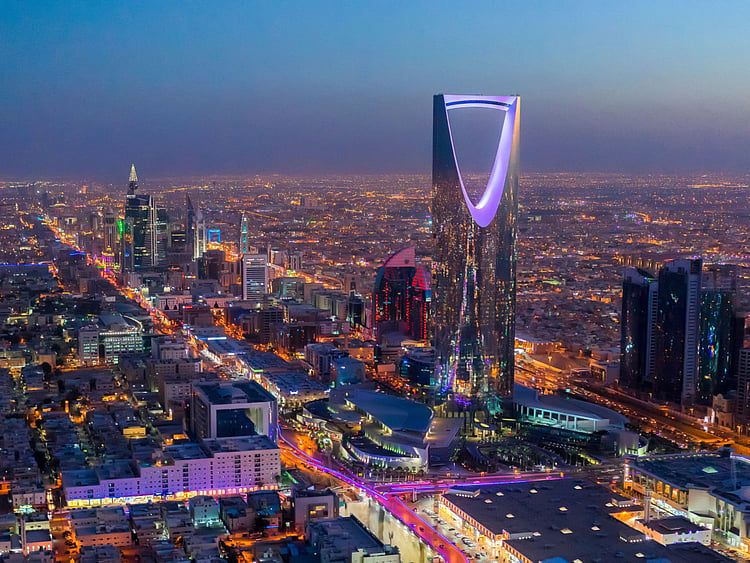Saudis start year with budget surplus for first time since 2014
Biggest Arab economy posted surplus of 27.8 billion riyals in the first quarter

Riyadh: Saudi Arabia started the year with a quarterly budget surplus for the first time since the 2014 collapse in oil prices.
The biggest Arab economy posted a surplus of 27.8 billion riyals (Dh27.2 billion or $7.4 billion) in the first quarter, helped by an increase in non-oil revenue as well as income from crude exports, Finance Minister Mohammad Al Jadaan told an audience of Saudi and international bankers gathered in Riyadh on Wednesday.
Total spending increased by 8 per cent while revenue jumped 48 per cent. “These results clearly illustrate the remarkable progress achieved in the performance of our fiscal position,” he said.
Higher oil revenue and the introduction of value-added taxation as well as subsidy cuts have helped the kingdom repair public finances battered by lower crude prices. The budget deficit narrowed to 5.9 per cent of gross domestic product last year from 9.3 per cent in 2017.
“At first glance, the data seem surprising given that oil revenue should be weaker year-on-year in the first quarter based on price and production performance,” said Monica Malik, chief economist at Abu Dhabi Commercial Bank. “At the same time, we haven’t seen any major new fiscal reforms, with the rise in an expat levy being the main change. Transfers form government entities could be a factor but we await more detailed data.”
What economists say
“The increase in oil revenue is slightly puzzling: average oil prices were lower last quarter compared with a year earlier and the increase in production wasn’t enough to offset that. So what could explain the rise? Either higher transfers from Saudi Aramco or a rollover of oil income from previous quarters.”
-Ziad Daoud, Mideast economist
Saudi Arabia’s Tadawul All Share Index rose 0.2 per cent at 1.40pm. In Riyadh, extending this year’s gains to 18 per cent.
Sign up for the Daily Briefing
Get the latest news and updates straight to your inbox
Network Links
GN StoreDownload our app
© Al Nisr Publishing LLC 2026. All rights reserved.